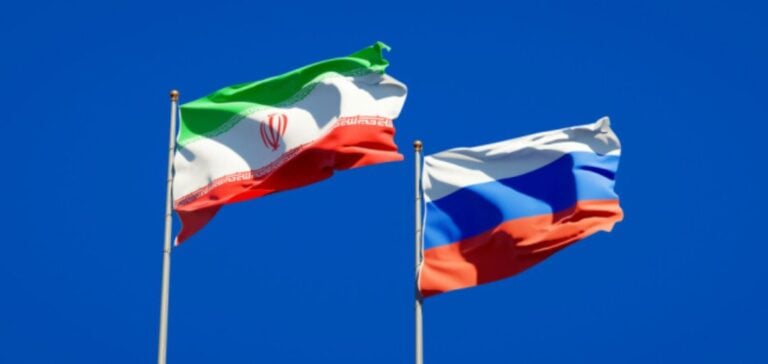Gazprom, the Russian energy giant, recently signed a memorandum with NIGC (National Iranian Gas Company) for the supply of Russian natural gas to Iran. This agreement marks a significant step forward in energy cooperation between the two nations, at a time when Russia is seeking to diversify its gas export markets in the face of Western sanctions. The agreement was signed during an official visit by Gazprom CEO Alexei Miller to Iran, in the presence of Mohammad Mokhber, Iran’s acting president. Although details of the agreement have not been disclosed, it is clear that both parties are looking to strengthen their strategic partnership in the energy sector.
Geopolitical context and issues
Iran has the second largest natural gas reserves in the world, after Russia. However, the development of its export capacities has been hampered by international sanctions, mainly imposed by the United States. These sanctions have limited Iran’s access to the technologies needed to develop its gas infrastructure. For Gazprom, this agreement with Iran represents an opportunity to offset the drastic fall in its exports to Europe. The war in Ukraine and the ensuing sanctions have severely impacted Gazprom’s revenues, with losses of nearly $7 billion in 2023, the first since 1999.
Prospects for joint development
This agreement is not the first between Gazprom and Iranian companies. In July 2022, Gazprom had already signed a memorandum of energy cooperation with NIOC (National Iranian Oil Company) for an estimated $40 billion. Although this agreement has not yet given rise to any concrete projects, it did include initiatives to develop the Kish and North Pars gas fields, as well as six oil fields. Gazprom was also to participate in the construction of LNG projects and gas export pipelines. The realization of these projects could not only strengthen Iran’s energy capabilities, but also open up new market opportunities for Gazprom in Asia and beyond.
The signing of this memorandum between Gazprom and the National Iranian Gas Company underlines the strategic importance of energy cooperation between Russia and Iran. For both countries, this agreement could offer a solution to the challenges posed by international sanctions and geopolitical tensions. By joining forces, Moscow and Teheran seek to consolidate their position in the global energy market, while developing infrastructure critical to the energy future of their respective nations.






















